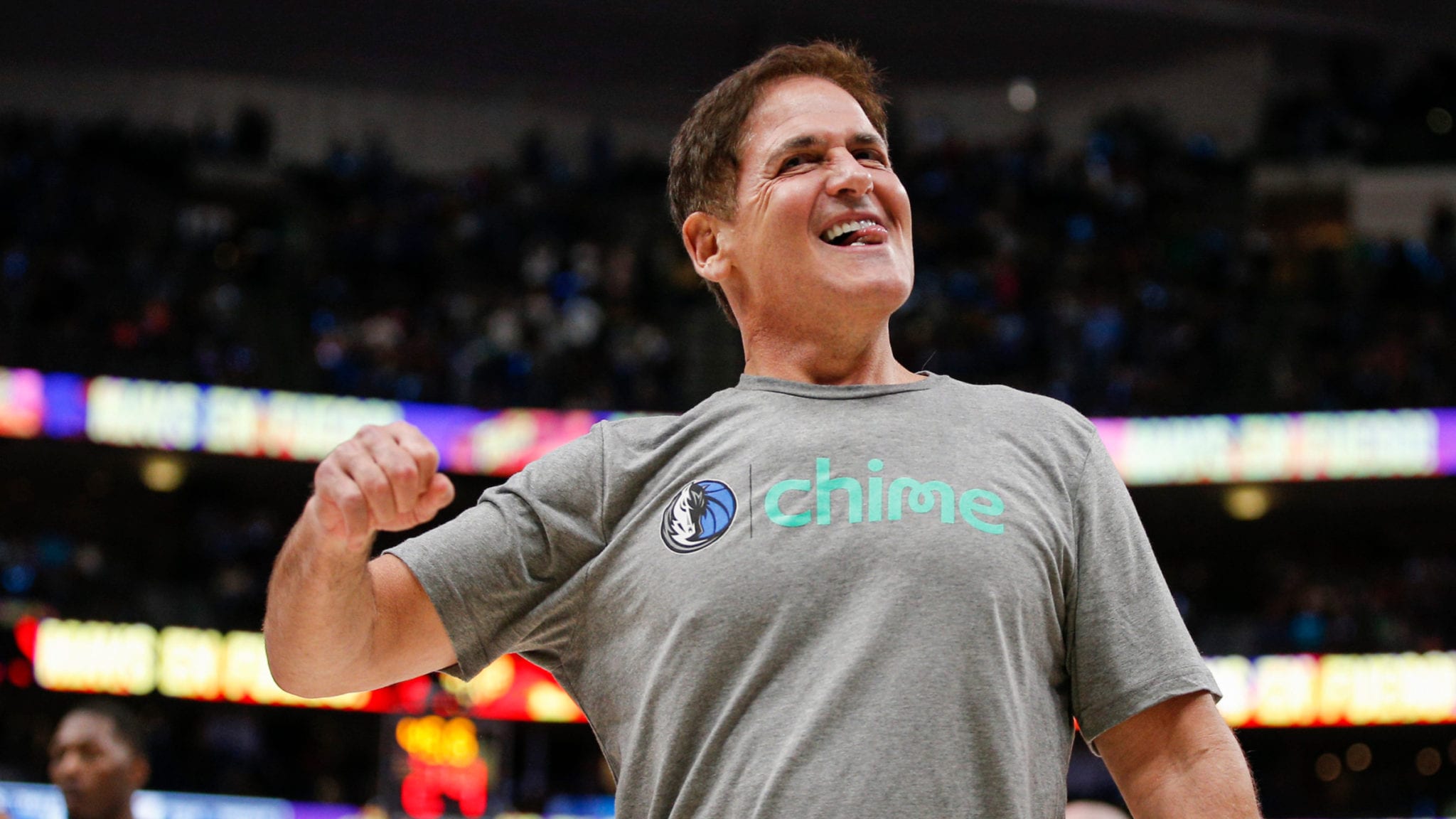
Mark Cuban (Brandon Wade/AP Images)
Mark Cuban jumps out of the Shark Tank and into generic pharma with a plan to offer dirt-cheap drugs
The call for a wholesale rewrite of drug pricing has taken on a fever pitch in recent years, regularly becoming part of presidential stump speeches …
Sign up to read this article for free.
Get free access to a limited number of articles, plus choose newsletters to get straight to your inbox.